Windows 11 Arm x64 Emulation: Does it Work?
3 min. read
Updated on
Read our disclosure page to find out how can you help Windows Report sustain the editorial team. Read more
Key notes
- You might have missed it, but ARM64EC is now fully supported on Windows 11.
- This is nothing but good news for macOS users that want to natively run the OS.
- Check out all the information available on the subject by reading the article below.
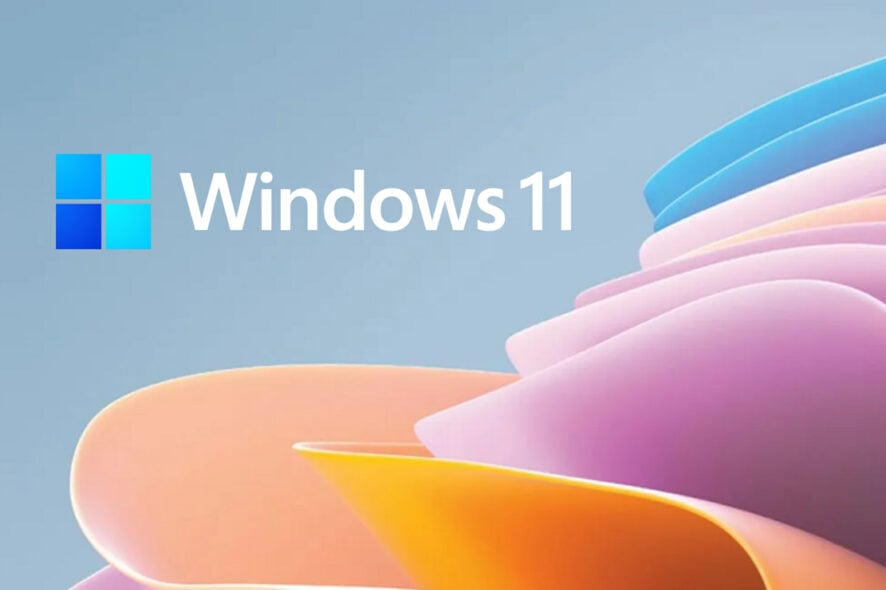
We’re not really sure if everyone remembers, but back in June 2021, Microsoft actually announced ARM64EC for its new Windows 11 operating system.
The Redmond tech giant described ARM64EC as a new way to bring your existing x64 applications up to speed with the native performance you would expect on ARM.
Keep in mind that Microsoft specified that this would be possible even if you utilize plugins and dependencies that don’t support the architecture yet.
Now, a little over a year after the initial announcement, ARM64EC is now fully supported by the latest Microsoft-designed operating system, which is Windows 11.
And, since we’re talking about Windows 11 emulation, know that there were a lot of gaming and other improvements coming with Parallels Desktop 18.
Arm64EC brings full Windows 11 ARM support
Just in case you might be unaware of the abbreviation’s meaning, the EC in the name is actually for Emulation Compatible, which is really self-explanatory.
As Microsoft said, the general idea here is to offer an application binary interface (ABI) that allows developers to build applications using both x64 and ARM code.
Getting a bit deeper into the subject, this means that ARM code will run natively on Windows 11 on ARM devices while x64-specific code will run via emulation.
It goes without saying that this is actually a major milestone for Windows 11 on ARM since it is the only supported Microsoft OS to feature x64 emulation, which is the backbone of ARM64EC.
The ARM64EC ABI differs slightly from the existing ARM64 ABI in ways that make it binary compatible with x64 code.
Specifically, the ARM64EC ABI follows x64 software conventions including calling convention, stack usage, and data alignment, making ARM64EC and x64 interoperable. Apps built as ARM64EC may contain x64 code but do not have to, since ARM64EC is its own complete, first-class ABI for Windows.
Following all the work that has been put into this project, the tech giant now believes that the ABI is stable enough to transition from its experimental phase and on to general release.
Furthermore, ARM64EC also comes with some major benefits for developers, where instead of making sure that their entire codebase is ARM-compatible, they can now update their code and have both x64 and ARM functionalities running simultaneously.
On a Windows on ARM device, the latter will have better performance, which means you have to actually continuously update the codebase to improve native ARM performance without losing any functionalities in the process.
Prerequisites
You didn’t think that this would just work without any conditions, did you? Yes, there are some prerequisites for this to actually function, and here they are:
- The latest Windows 11 SDK build. If using the Windows 11 SDK version 22000, the updated version on July 29, 2022 includes key fixes for building Arm64EC apps.
- Visual Studio 2022 version 17.3 or later.
- Arm64EC tools installed with the Visual Studio Installer.
Happy with the latest improvements brought to Windows 11 for ARM? Share your opinions with us in the comments section below.


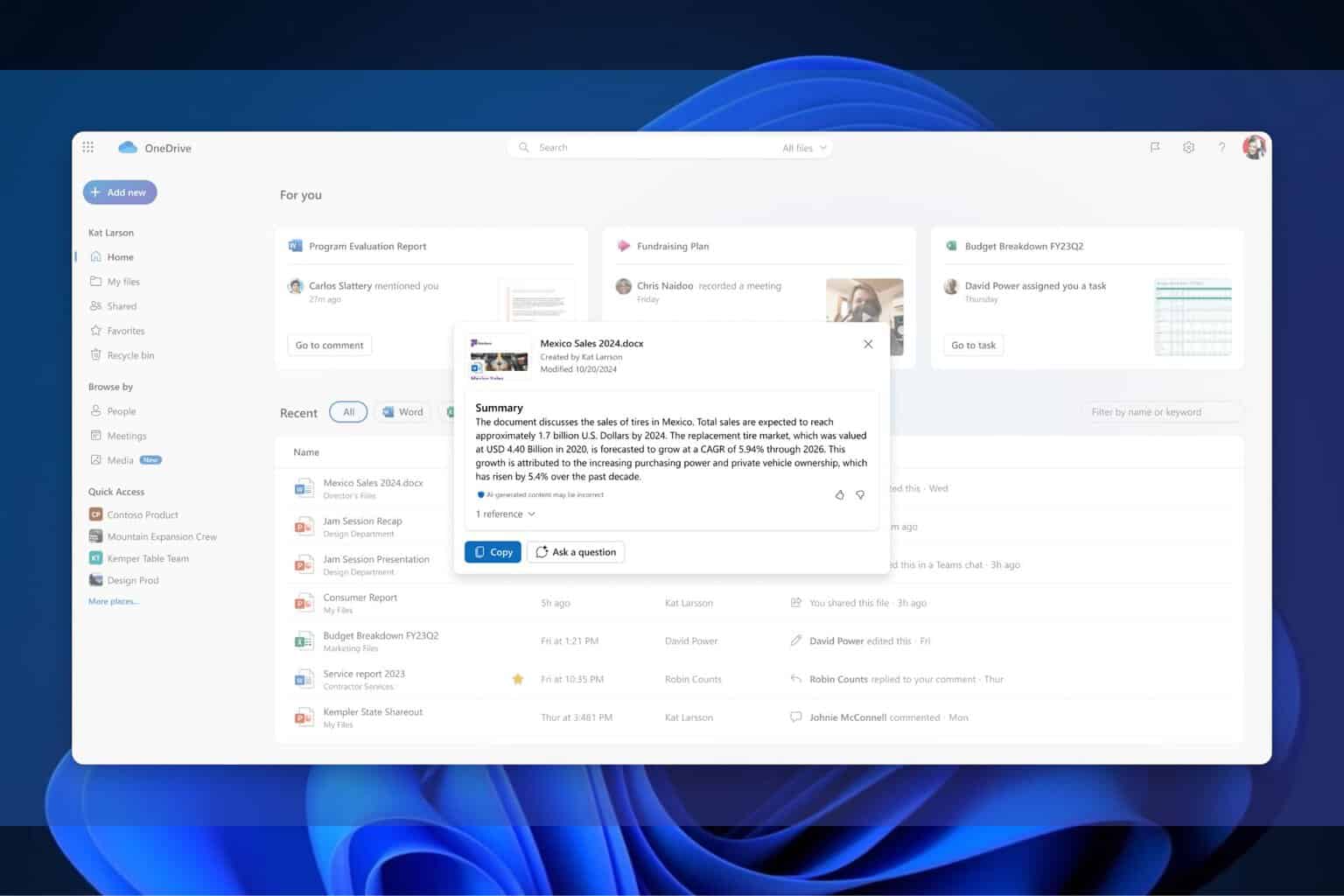

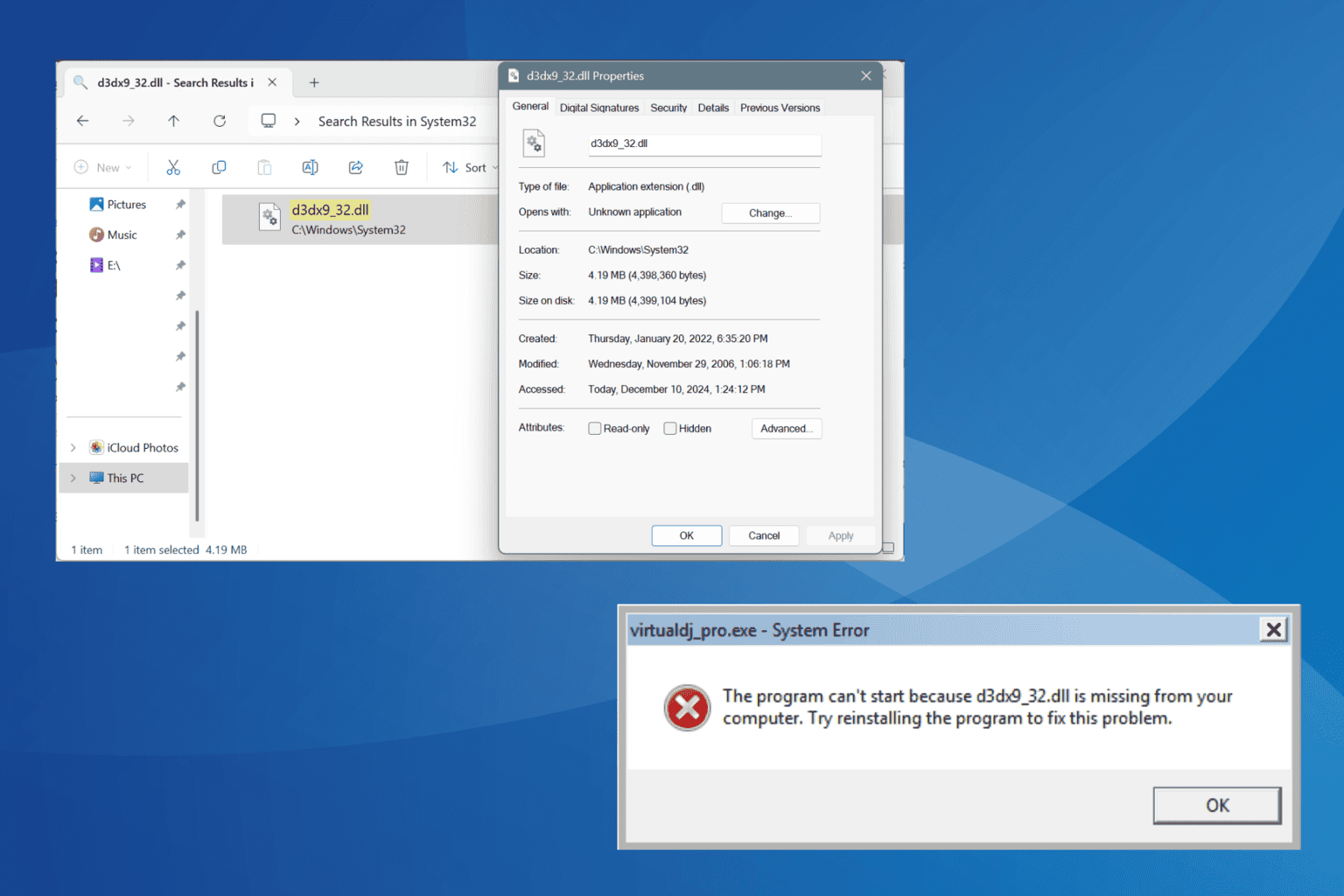
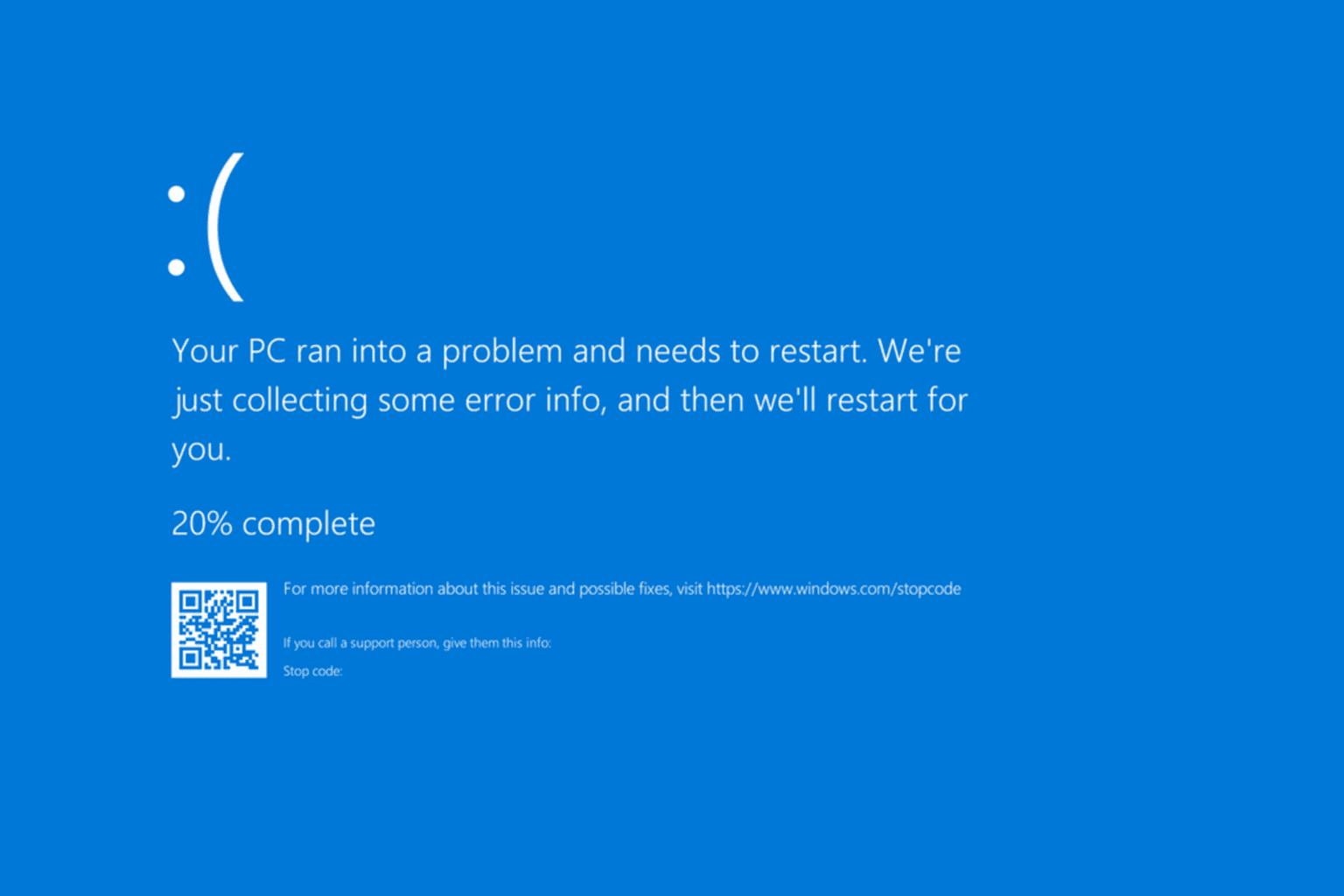
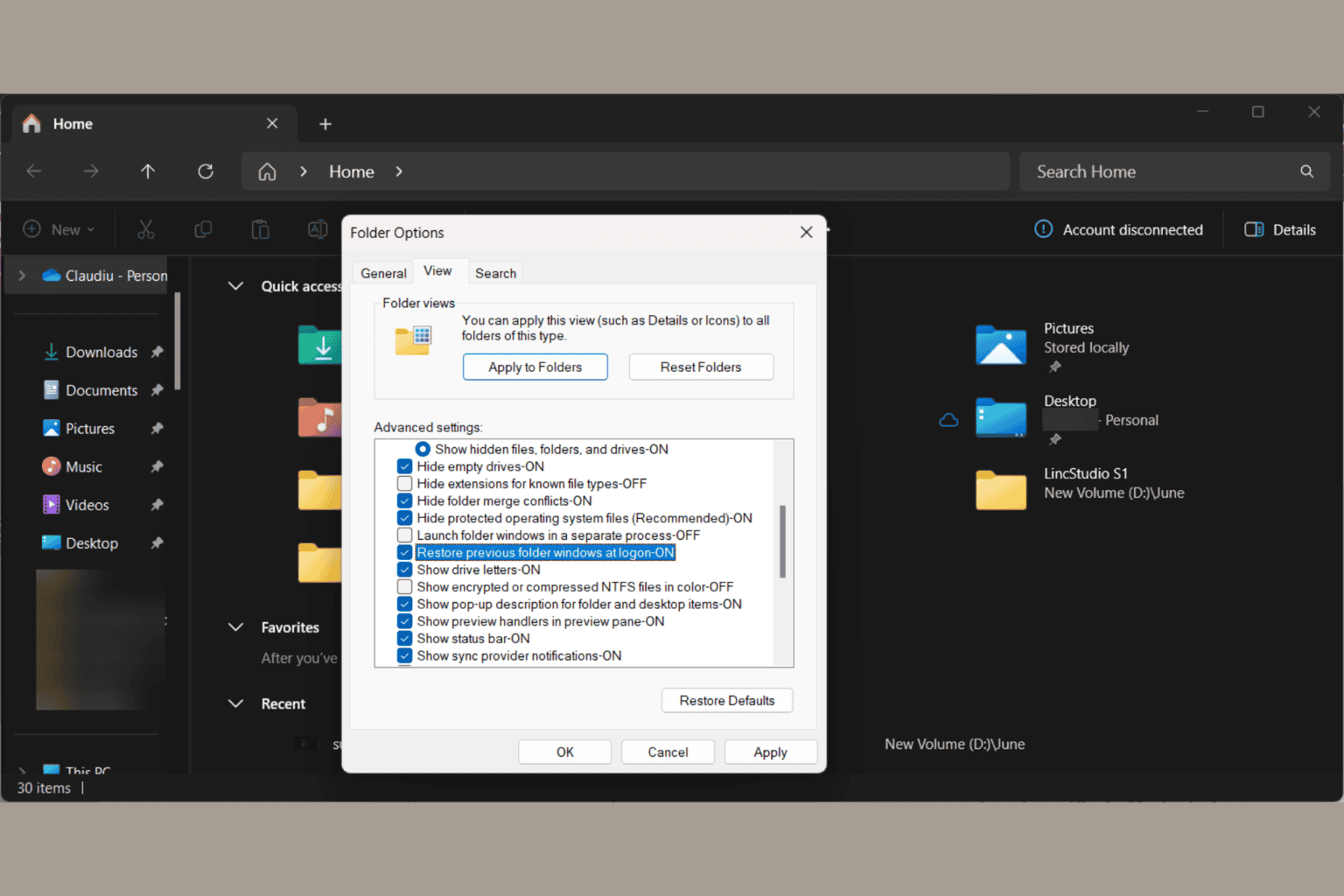


User forum
0 messages